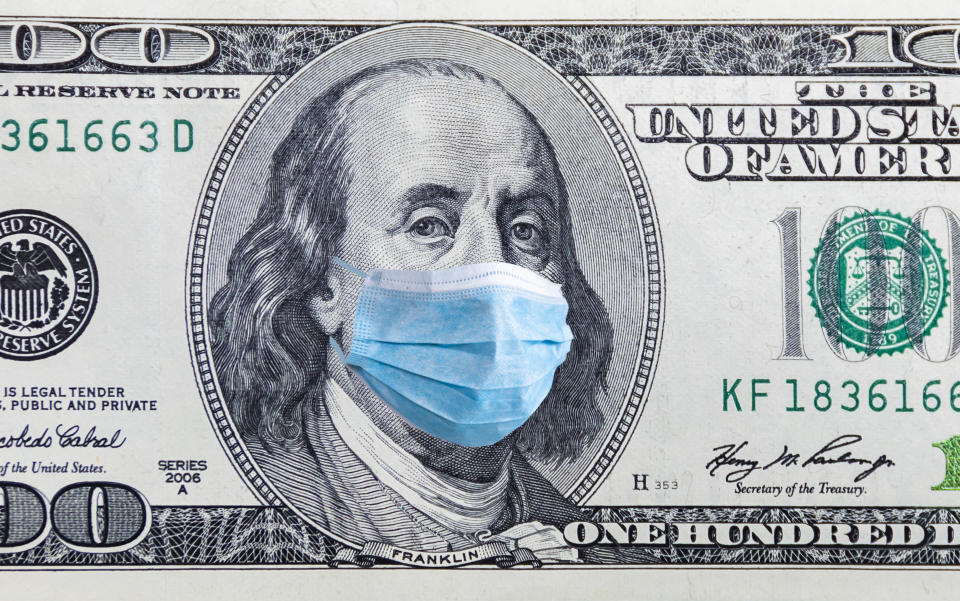How coronavirus on your cash is payment game changer
With more than 4.3 million global coronavirus infections and the death toll approaching 300,000 as of May 14, the transmission of the virus through the handling of cash is a top concern for governments worldwide. Paper money can transmit the virus, and that fear might be the game changer that makes digital payments go mainstream, according to a new report by Deutsche Bank.
While disinfecting a smartphone or credit card is relatively simple, cash presents a much bigger challenge as messing with the surface could negate its value.
The People’s Bank of China was the first to protect its residents from virus transmission through physical money by quarantining cash, disinfecting banknotes and destroying currency suspected of being infected. Other central banks in South Korea, Hungary, and Kuwait followed suit, while other governments and central banks in India, Indonesia, and Georgia have encouraged digital payments.
Concern about infected dollars circulating in the U.S. financial system led the Federal Reserve to implement a policy of quarantining dollars shipped from Asia as Feb. 21 for 7 to 10 days before sending them to financial institutions.

As digital payment options become more appealing in the short-term, Americans and Western Europeans are poised to reap the most benefits because it’s precisely their aging populations in the habit of using cash that are also most vulnerable to COVID-19.
The digital penetration rate in Asia is much higher than in the U.S. “As of the end of 2018, around 73% of internet users in China used online payments services,” wrote Deutsche Bank analyst Marion Laboure.
Indeed, according to a Paysafe report, the pandemic has led many consumers to shift their payment methods, with 65% of U.S. consumers saying they’ve tried a new payment approach for the first time.
Global race to develop digital currencies
Deutsche Bank said 80% of central banks are developing their own digital currencies, with Sweden leading the way. “[Sweden‘s] cash in circulation now represents only 1% of GDP,” wrote Laboure, “and is expected to become the world’s first cashless society by March 2023.”
Americans seeking to avoid coronavirus transmissions through cash have a wide range of digital payment options available including PayPal, Square, and Apple Pay.
“The virus has already driven nations to disinfect, destroy, and reprint their currencies,” Laboure wrote. “Compared with that, a digital payment system must seem a far more straightforward solution.”
More from Sibile:
Here’s how coronavirus will change our flying habits
The case for monthly coronavirus stimulus checks: Americans ‘need consistent liquidity’
Jobless claims remain ‘frightening’ as employers pull back on hiring
Here’s how borrowers are missing out on mortgage, auto payment relief during coronavirus
Why Alaska Gov. Mike Dunleavy made potentially deadly gamble to jumpstart his state’s economy
Find live stock market quotes and the latest business and finance news
